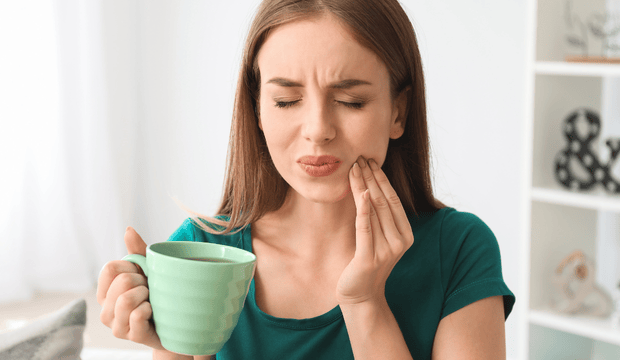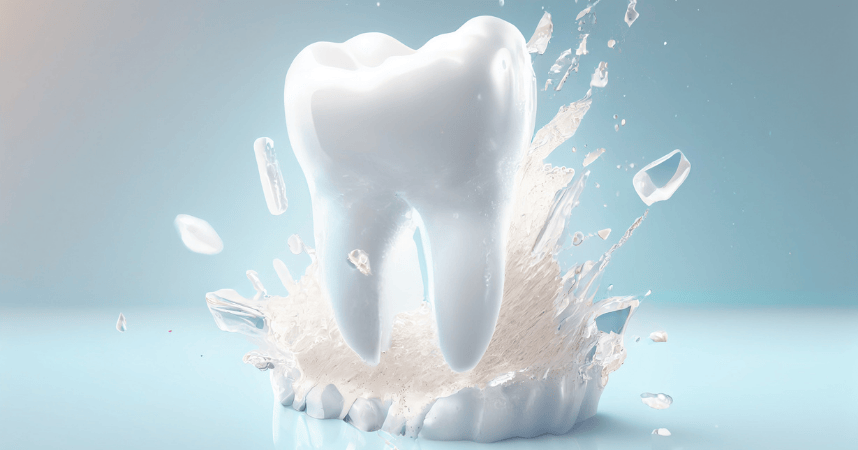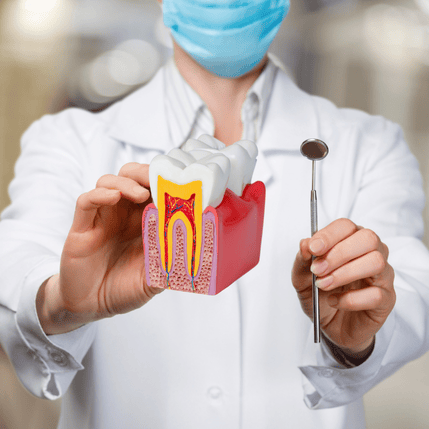Experiencing sharp, sudden tooth pain when enjoying your favorite hot or cold treat isn’t uncommon. This discomfort is a classic sign of sensitive teeth—a condition that affects millions. The good news? You can treat and manage it effectively with the right care.
This article explains the causes behind sensitive teeth, signs to watch for, and how to find lasting relief through daily habits and dental care.
If you feel a sharp sting in your teeth when sipping something hot or cold, you’re likely experiencing sensitivity. The pain is usually short-lived but sharp and uncomfortable.
For some people, simple actions like brushing or inhaling cold air can cause sudden discomfort. If left untreated, the sensitivity might get worse and interfere with your daily routines.
If you’re dealing with recurring discomfort, visit your dentist for a full evaluation. They’ll assess the extent of enamel wear or gum issues and may recommend X-rays or diagnostic tools to rule out other problems like cavities or cracks.
A proper diagnosis ensures that you’re treating the root of the problem and not just the symptoms.
Consistent, gentle oral care each day is your best initial protection against sensitivity. Start by switching to a soft-bristled toothbrush and using toothpaste specifically designed for sensitive teeth. These toothpastes help by blocking pain signals from the surface to the nerves inside.
Make sure you’re brushing twice a day, using light pressure, and not scrubbing your gums. Use gentle flossing techniques to clear away plaque and food debris while keeping your gums from becoming irritated.
What you eat can have a bigger impact on tooth sensitivity than you might expect. Acidic beverages like soda, citrus juices, and vinegar-based dressings can erode enamel. Cutting back on these can help protect your teeth.
Try drinking water after meals to wash away food acids, and opt for dairy or fibrous vegetables that help clean your teeth naturally.
If you clench or grind your teeth during sleep, it can accelerate enamel wear. A lot of individuals don’t realize they clench or grind their teeth during sleep until a dentist brings it to their attention.
Wearing a nightguard can prevent further damage and reduce morning sensitivity. Custom guards fitted by your dentist are more effective and comfortable than over-the-counter options.
Once you’ve addressed tooth sensitivity, consistency is key. Keep brushing with a soft brush, floss daily, and use toothpaste for sensitive teeth.
Don’t skip regular dental checkups—your dentist can catch early signs of enamel erosion or gum problems and provide preventive care before the pain returns.
Also, quit smoking if you haven’t already as It plays a role in the development of gum disease, which often leads to tooth sensitivity.
If your symptoms don’t improve after a few weeks of home care, it’s time to see a professional. Lingering sensitivity can be a warning sign of more serious issues like deep decay, worn fillings, or infections.
Acting early can save you from complex procedures and unnecessary pain down the road.





